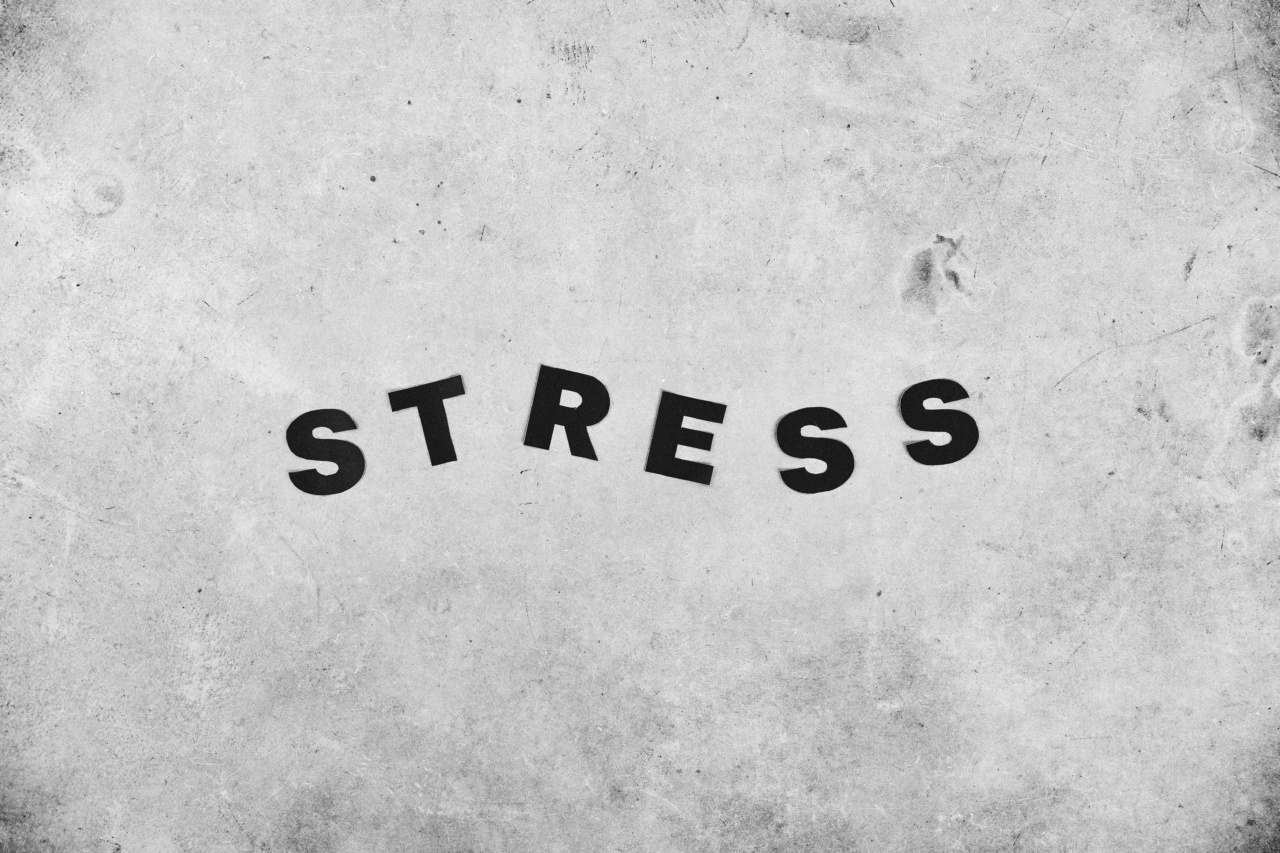Many people experience discomfort on a daily basis, whether it’s physical, emotional, or mental. However, it can be difficult to pinpoint the exact source of this discomfort.
In this article, we will provide you with 8 simple questions that will help you discover the source of your discomfort.
Question 1: What Am I Eating?
Your diet can have a significant impact on your physical and mental well-being. If you’re experiencing physical discomfort, such as bloating, headaches, or fatigue, it’s important to take a closer look at what you’re eating.
Consider keeping a food journal to track what you’re consuming and any symptoms you experience after eating. Additionally, some foods can trigger anxiety or depression, so it’s important to pay attention to your emotional state after meals.
Question 2: Am I Getting Enough Sleep?
Lack of sleep can cause physical discomfort, such as headaches and body aches, as well as emotional discomfort, such as irritability and anxiety. Evaluate your sleep habits and determine if you are getting at least 7-8 hours of sleep each night.
If not, consider adjusting your sleep schedule or creating a relaxing bedtime routine to help you get the rest you need.
Question 3: Am I Stressed?
Stress can manifest in physical discomfort, such as tension headaches or muscle pain, as well as emotional discomfort, such as anxiety or depression. Consider what is causing your stress and if there are any steps you can take to alleviate it.
This may include practicing relaxation techniques, seeking support from friends or a therapist, or making changes to your daily routine to reduce stressors.
Question 4: Do I Have a Sedentary Lifestyle?
If you spend most of your day sitting, whether at work or at home, this can contribute to physical discomfort, such as back pain or stiffness.
Consider incorporating more movement into your daily routine, such as taking short walks throughout the day or practicing gentle stretches at your desk.
Question 5: Am I Experiencing Negative Thoughts?
Negative thoughts can contribute to emotional discomfort, such as anxiety or depression. Consider what negative thoughts you may be experiencing, and if they are irrational or based on facts.
If your negative thoughts are irrational, consider challenging them with more realistic ones. Additionally, practicing positive self-talk can help combat negative thoughts.
Question 6: How Are My Relationships?
The quality of our relationships can have a significant impact on our emotional well-being. Evaluate your relationships and determine if they are healthy or if they are causing emotional discomfort.
If you are experiencing conflict with loved ones, consider seeking support from a therapist or mediator to improve communication and resolve issues.
Question 7: Am I Stuck in a Rut?
Feeling stuck or stagnant in life can contribute to emotional discomfort, such as boredom or frustration. Consider if you are experiencing this and if there are changes you would like to make in your life.
This may include pursuing new hobbies or interests, seeking career advancement, or pursuing personal growth through therapy or self-help activities.
Question 8: Am I Engaging in Self-Care?
Engaging in self-care activities, such as exercise, meditation, or creative pursuits, can improve both physical and emotional well-being. Consider if you are making time for self-care activities and if they are helping to reduce your discomfort.
Additionally, focus on self-compassion and be gentle with yourself as you navigate discomfort and make changes in your life.
: Results
After evaluating your responses to the 8 questions, you may have discovered the source of your discomfort. From here, you can take steps to alleviate your discomfort by making changes in your life, seeking support, or practicing self-care activities.






























